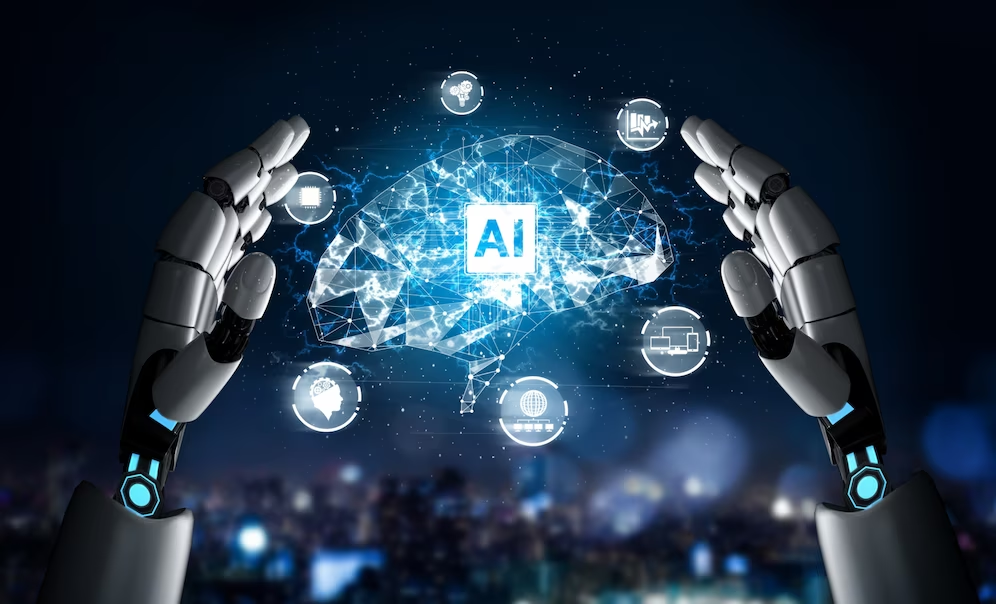In today’s fast-evolving technology landscape, deep learning for test automation has emerged as a noteworthy advancement, transforming how industries conduct automated software QA. As digital solutions advance, ensuring these systems’ reliability is crucial, and that’s where integrating deep learning comes into play. Fascinatingly, deep learning algorithms, with their advanced capabilities, are now pivotal in enhancing test automation processes, providing tremendous benefits to industry QA professionals worldwide.

Understanding Deep Learning in Test Automation
Deep learning utilizes neural networks with layered architectures to mimic human-like decision-making. When implemented in test automation, these networks can learn from previous data to identify patterns and predict potential issues. This predictive capability optimizes testing processes, ensuring swifter and more accurate results. A detailed understanding of AI-based exploratory testing in QA can further illuminate how these systems enhance software testing.
The Benefits of Deep Learning in Test Automation
The application of deep learning in test automation has numerous benefits:
- Improved Accuracy: By leveraging vast datasets, deep learning enhances the accuracy of automated tests.
- Enhanced Efficiency: Automation drastically reduces the manual effort and time required for testing.
- Scalability: Businesses can scale testing operations to accommodate increased software complexity without proportional resource demand.
Implementing Deep Learning Models
Implementation begins with choosing the right deep learning model suitable for specific test automation needs. Convolutional Neural Networks (CNNs) and Recurrent Neural Networks (RNNs) are often utilized owing to their adaptability in handling sequential and spatial data. Companies can leverage platforms such as this insightful guide to understand the significance of AI in their testing processes.
Challenges in Using Deep Learning for Test Automation
Despite its benefits, integrating deep learning into test automation comes with its challenges:
- Data Dependency: Deep learning models necessitate extensive quality datasets.
- High Cost: Implementing AI solutions may require significant financial investments.
- Complexity: Understanding and adapting deep learning models require specialized expertise.
Future Prospects
As deep learning for test automation continues to mature, its future prospects look promising. Companies are expected to increasingly adopt these innovative solutions to streamline their testing procedures. With continuous developments, the future might witness these models being integral components of routine software testing.

FAQ Section
1. What is deep learning for test automation?
Deep learning for test automation refers to utilizing advanced neural networks to enhance the capabilities of software testing processes.
2. How does deep learning enhance test automation?
Deep learning can learn from data, predict errors, and enhance the efficiency and accuracy of testing processes.
3. Are there any limitations to using deep learning in test automation?
Yes, challenges include dependency on high-quality data, implementation costs, and the complexity of understanding AI models.
This article contains affiliate links. We may earn a commission at no extra cost to you.

